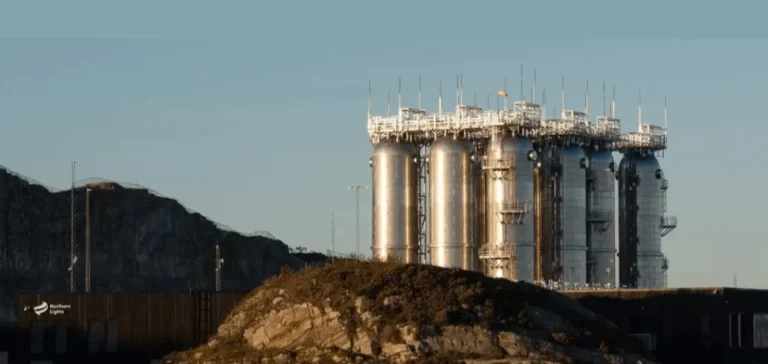NorthX Climate Tech announced a $3.4mn investment in four Canadian companies developing carbon dioxide removal (CDR) technologies. The decision comes under its innovation call programme launched earlier this year. The selected companies are CarbonRun, Skyrenu Technologies, NULIFE Greentech, and pHathom Technologies.
A portfolio strengthened by international partnerships
At the same time, Arca Climate Technologies, one of NorthX’s earliest investments, revealed the signing of a long-term offtake agreement with Microsoft for nearly 300,000 tonnes of carbon removal over ten years. This marks one of the largest carbon removal purchase deals signed by a Canadian company to date. Arca specialises in industrial mineralisation, a technology aimed at permanently storing CO₂ in rock formations.
According to NorthX, these announcements demonstrate the sector’s ability to attract international partners while building a domestic industrial base. NorthX’s portfolio now includes 72 projects, with a total of $45mn invested, generating an expected 870 jobs and attracting $477mn in follow-on investment.
Four new companies focus on technological diversity
CarbonRun focuses on restoring rivers by enhancing their alkalinity to capture CO₂. Skyrenu Technologies is developing a modular, reactor-less direct air capture system designed to operate across diverse climates. NULIFE Greentech converts agricultural residues into bio-oil for underground storage, while pHathom Technologies transforms CO₂ from biomass into stable bicarbonates for injection into the oceans.
Each company was selected for its ability to offer technically viable, scalable solutions aligned with the needs of an emerging market. These technologies aim to reduce operational costs and improve performance—criteria seen as essential for attracting large-scale industrial and financial partners.
A sector entering a phase of acceleration
Two Canadian companies backed by NorthX, Arca and CO280, now rank among the top ten globally in terms of commercial engineered carbon removal deals. CO280 works with North American pulp and paper mills to integrate carbon removal systems into their operations.
These developments are seen by several observers as indicators of growing maturity in a sector moving towards industrialisation. The development of targeted technologies for residual emissions, particularly in industries facing high decarbonisation constraints, is becoming a strategic axis for investors seeking long-term competitive advantage.






















